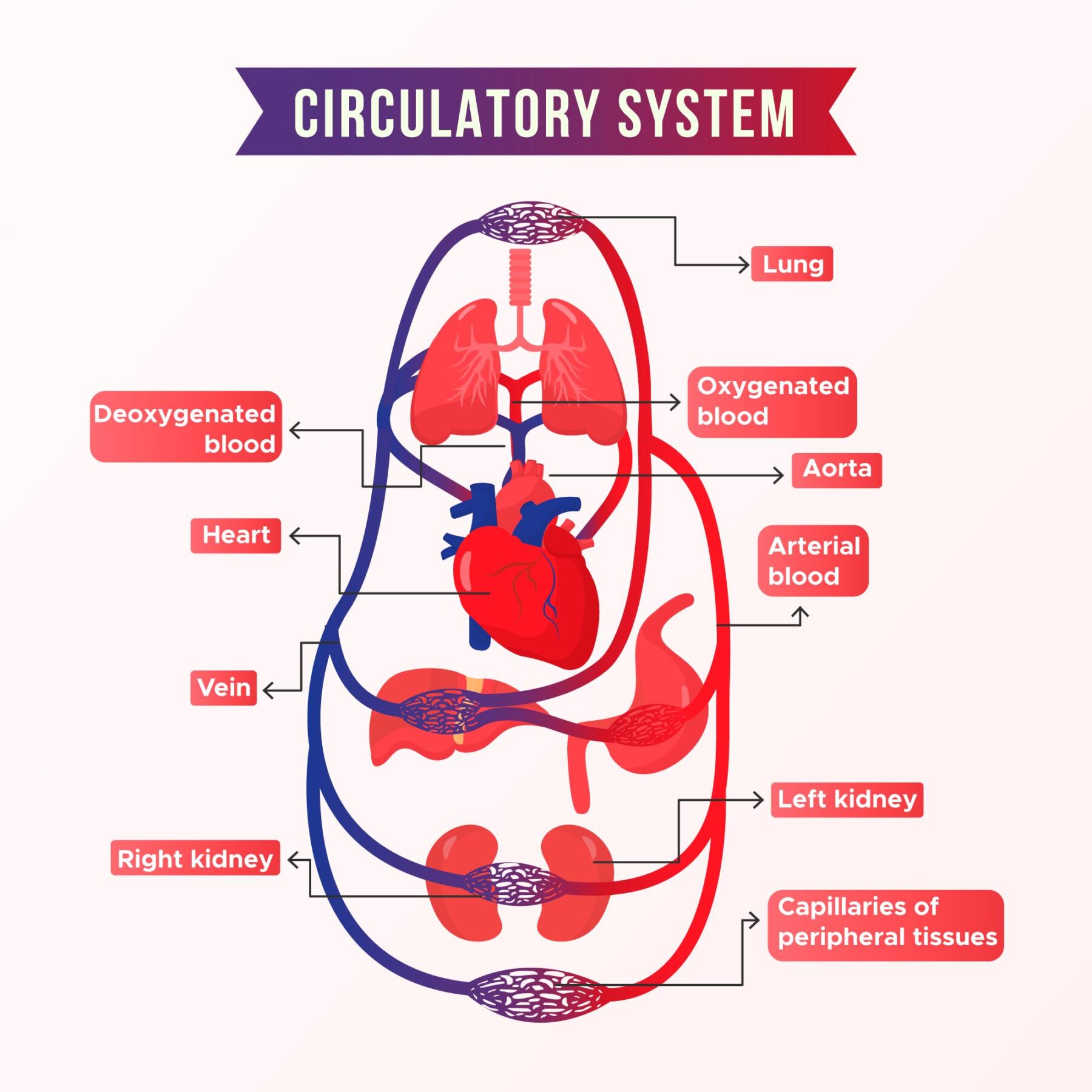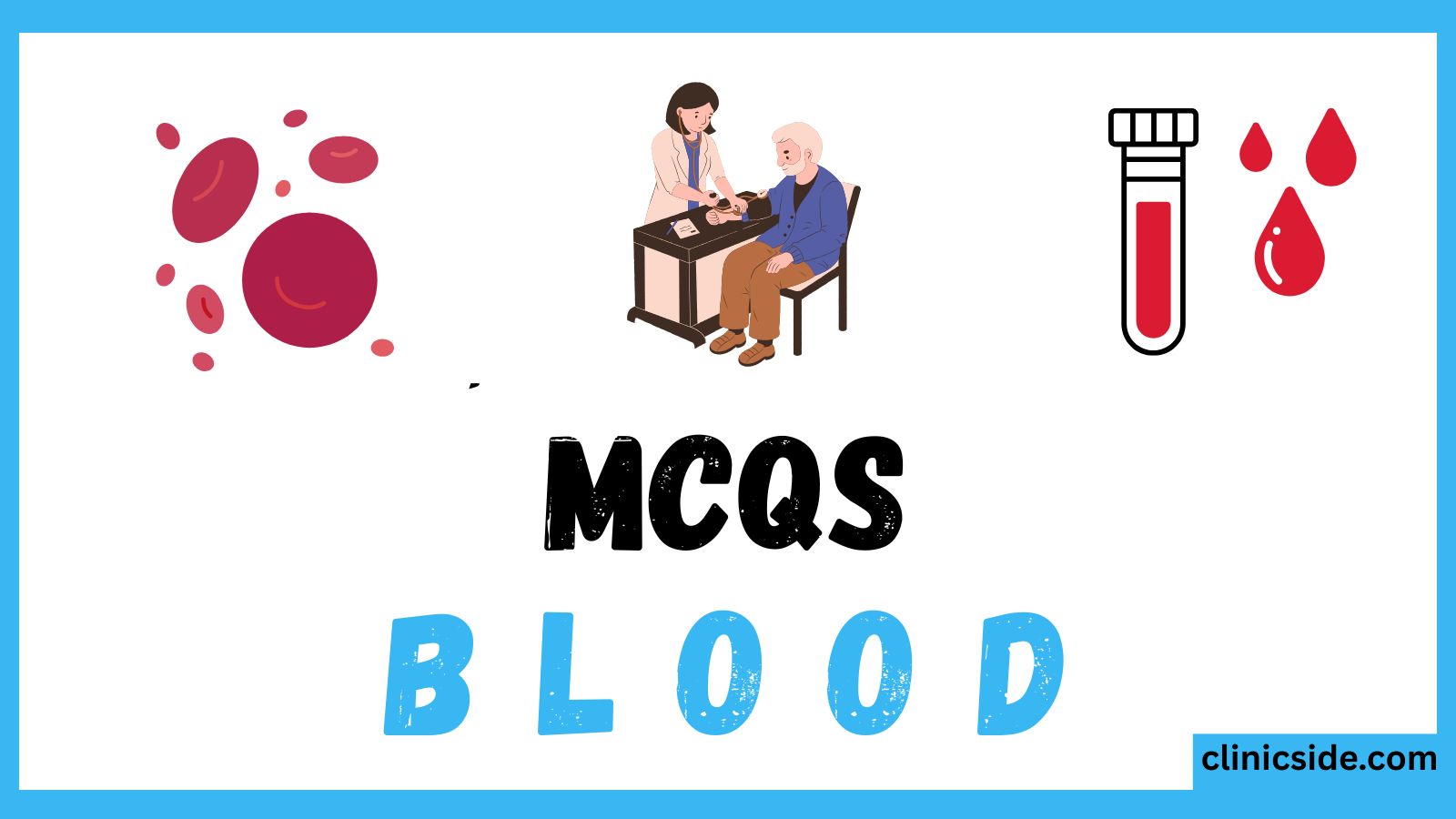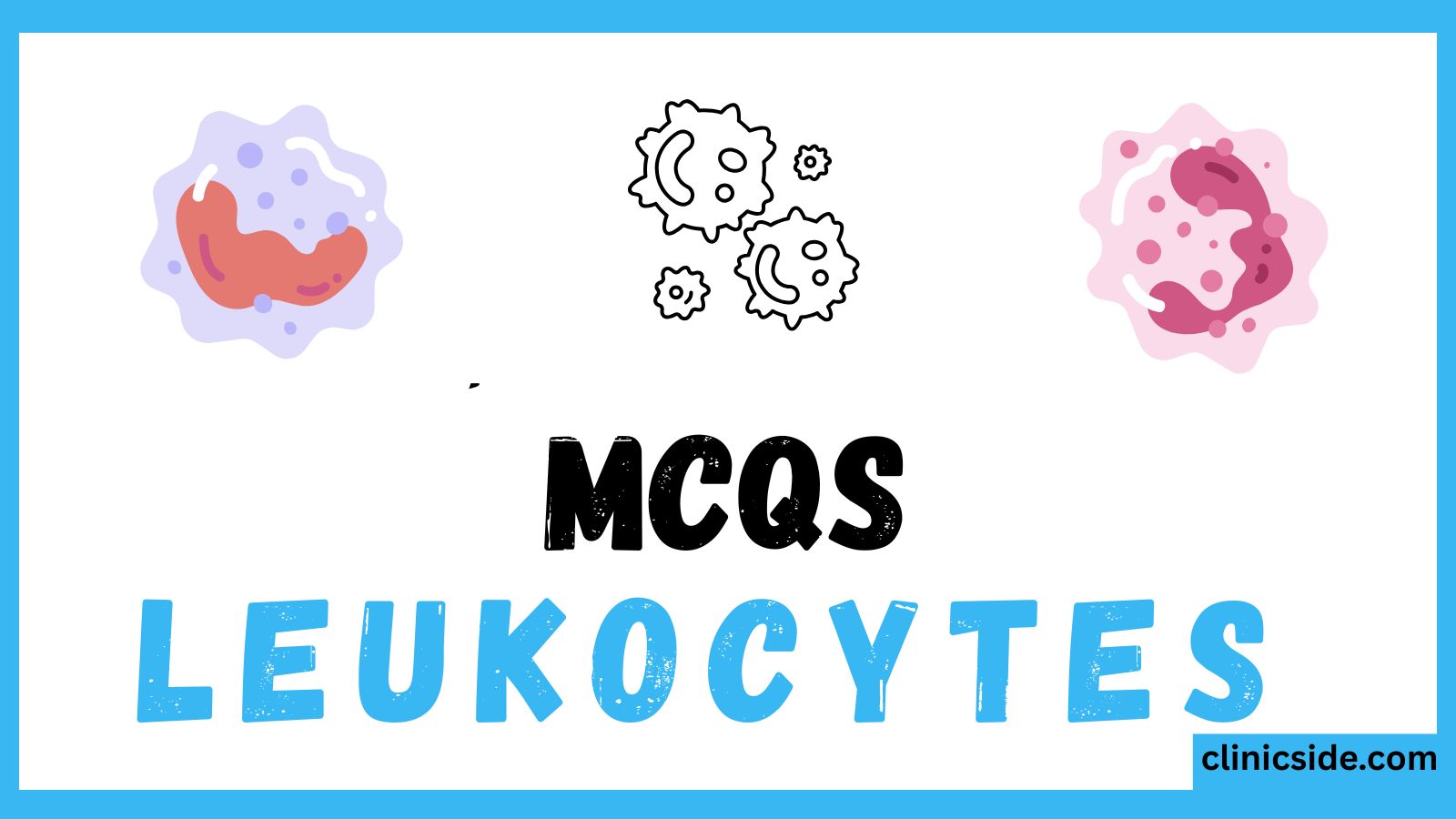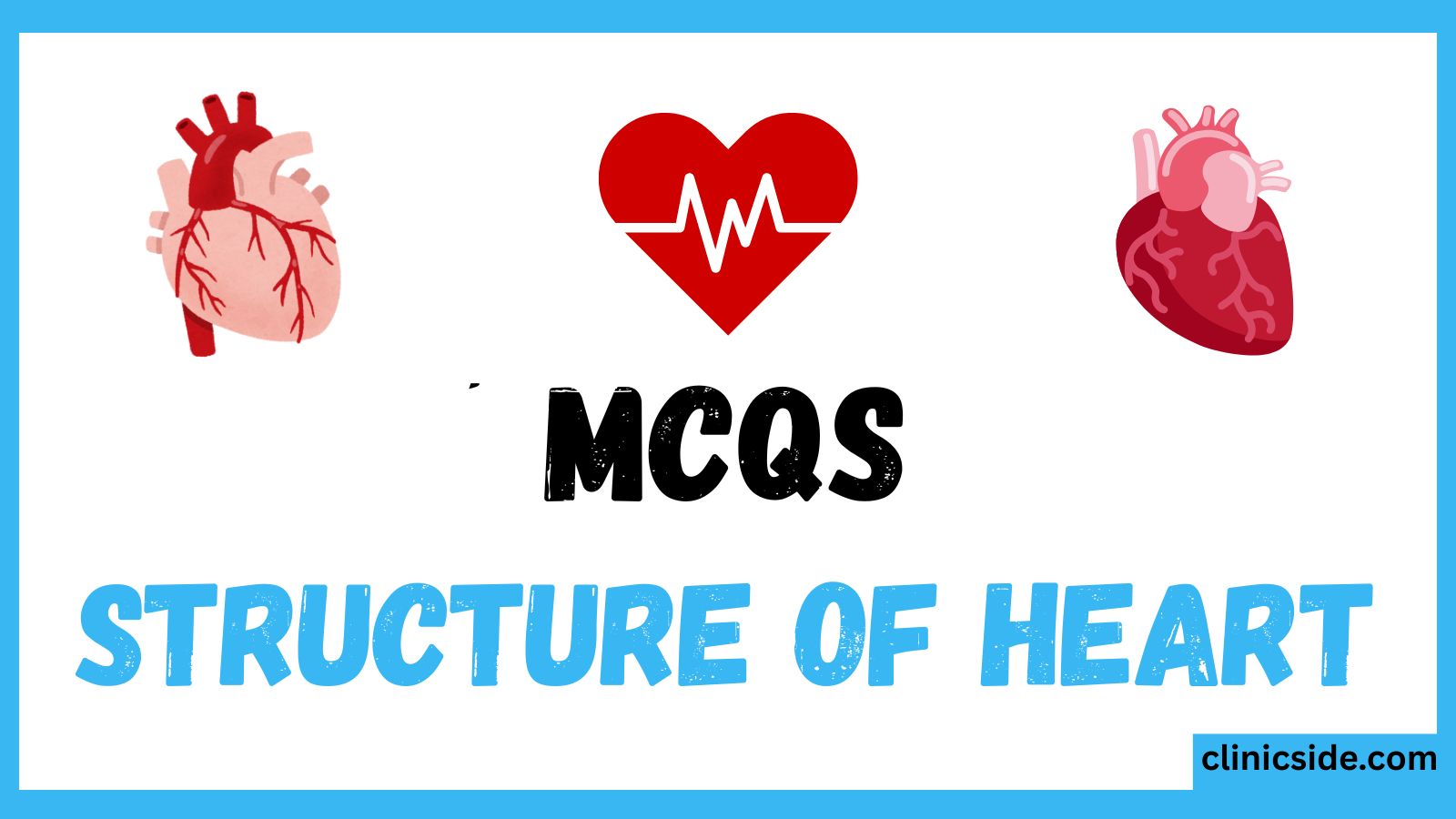The blood circulatory system is one of the most vital systems in the human body. It ensures the continuous flow of blood, oxygen, and nutrients to every cell while removing carbon dioxide and waste products. Several organs are directly connected with the blood circulatory system, working together to keep the body alive and functioning. Understanding these organs is crucial for students, medical learners, and anyone interested in human biology.
Quiz
Available options: 1 to 20
In this article, we will explore the main organs connected with the circulatory system, their functions, and their importance in maintaining overall health.
1. Heart – The Central Pump of the Circulatory System
The heart is the primary organ of the circulatory system. It is a muscular organ located in the chest cavity and functions as a pump to circulate blood throughout the body.
- Function of the Heart:
- Pumps oxygenated blood to the body.
- Sends deoxygenated blood to the lungs for oxygen exchange.
- Maintains blood pressure and circulation.
The heart has four chambers (right atrium, right ventricle, left atrium, left ventricle) and valves that ensure unidirectional blood flow. Without the heart, circulation would stop completely.
2. Blood Vessels – The Network of Transport
Blood vessels form the pathways for blood to travel. They connect the heart with every organ and tissue in the body.
- Types of Blood Vessels:
- Arteries: Carry oxygen-rich blood away from the heart.
- Veins: Carry deoxygenated blood back to the heart.
- Capillaries: Tiny vessels where the exchange of oxygen, nutrients, and wastes occurs.
This vast network ensures that no cell is left without nutrients or oxygen.

3. Lungs – Partner Organs in Circulation
Although part of the respiratory system, the lungs play a vital role in the circulatory system. They are responsible for oxygenating the blood and removing carbon dioxide.
- Function of the Lungs in Circulation:
- Receive deoxygenated blood from the right ventricle.
- Exchange carbon dioxide with oxygen through alveoli.
- Send oxygenated blood back to the left atrium of the heart.
Thus, lungs are directly connected with circulation, making them essential for survival.
4. Blood – The Circulatory Fluid
While not an organ in the traditional sense, blood is a crucial component of the circulatory system. It is the transport medium that carries oxygen, nutrients, hormones, and wastes.
- Components of Blood:
- Red Blood Cells (RBCs): Carry oxygen.
- White Blood Cells (WBCs): Defend against infections.
- Platelets: Help in blood clotting.
- Plasma: Transports nutrients, hormones, and proteins.
Blood acts as a link between organs and tissues, ensuring proper functioning of the body.
5. Kidneys – Filtration and Blood Regulation
The kidneys, part of the excretory system, are also connected to the circulatory system. They filter waste products from the blood and maintain water and electrolyte balance.
- Function of Kidneys in Circulation:
- Filter urea, toxins, and excess salts.
- Regulate blood pressure through hormone secretion.
- Maintain proper blood volume and pH balance.
Thus, kidneys keep the blood clean and chemically balanced.
6. Liver – The Blood Processing Center
The liver is another major organ closely associated with the circulatory system. It processes nutrients absorbed from food and detoxifies harmful substances.
- Function of the Liver in Circulation:
- Stores and releases glucose as needed.
- Removes toxins, alcohol, and drugs from the blood.
- Produces clotting factors to prevent excessive bleeding.
- Stores vitamins and iron for blood production.
The liver receives blood from the digestive system through the hepatic portal vein, making it a crucial filter for nutrient-rich blood.
7. Spleen – The Blood Reservoir
The spleen is a lymphatic organ that works alongside the circulatory system.
- Functions of the Spleen:
- Filters and removes old or damaged red blood cells.
- Stores extra blood for emergencies.
- Helps fight infections by producing lymphocytes.
Although not essential for survival, the spleen provides important support to blood circulation and immunity.
Conclusion
The organs connected with the blood circulatory system include the heart, blood vessels, lungs, blood, kidneys, liver, and spleen. Each plays a vital role in ensuring that oxygen, nutrients, and hormones reach every cell while wastes are removed efficiently.
A healthy circulatory system depends on the proper functioning of all these organs. Maintaining a balanced diet, exercising regularly, and avoiding harmful habits like smoking are essential for keeping the circulatory system strong and efficient.





